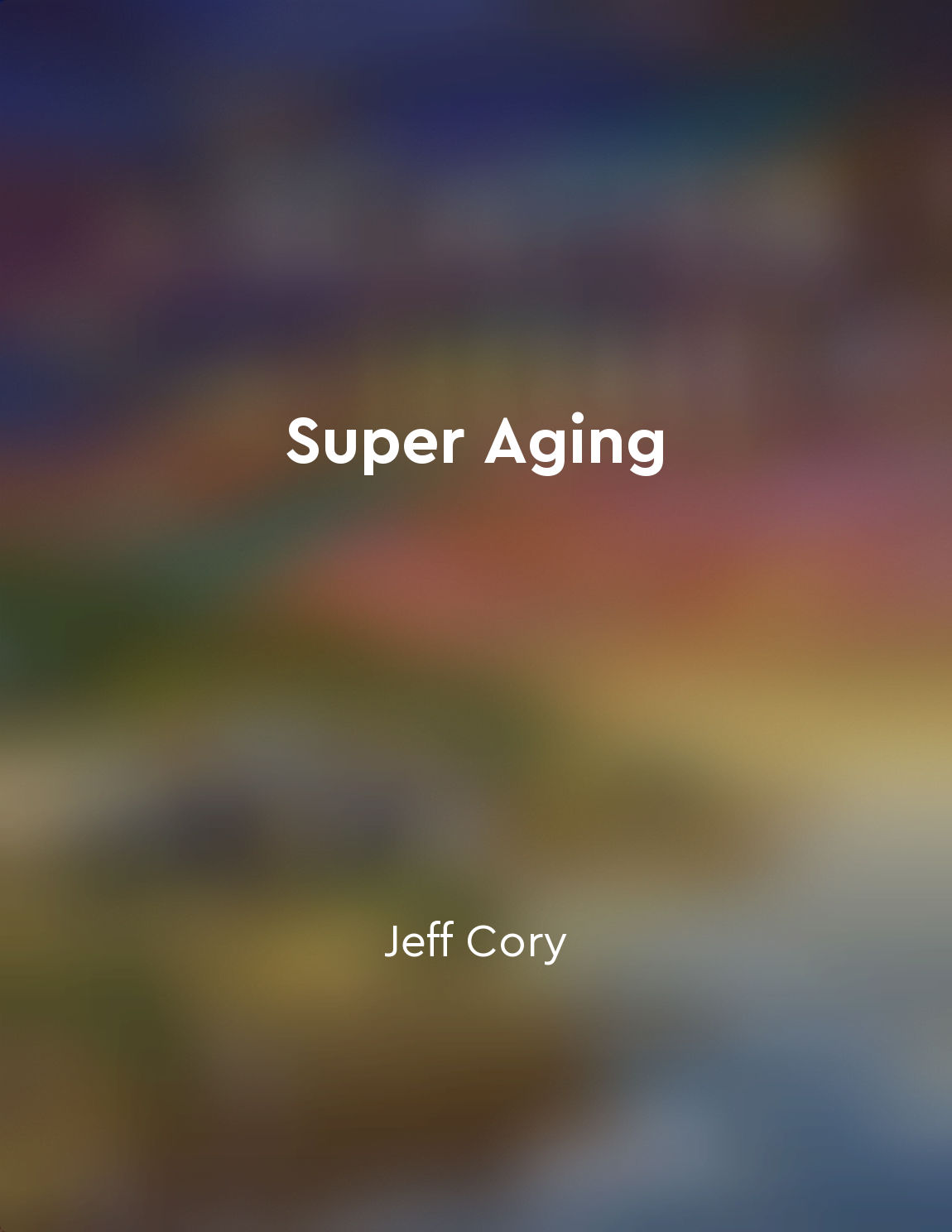Assessment skills are key in caring for older adults from "summary" of Basic Geriatric Nursing - E-Book by Patricia A. Williams
Assessment skills play a crucial role in providing quality care for older adults. By carefully evaluating a patient's physical, mental, and emotional well-being, healthcare professionals can develop personalized care plans that address each individual's unique needs. This process involves gathering information through observation, interviews, and physical examinations to identify potential health issues and develop appropriate interventions. When caring for older adults, healthcare providers must be thorough and detail-oriented in their assessments. Due to the complex nature of aging, older adults may present with multiple chronic conditions, cognitive impairments, and functional limitations. By conducting comprehensive assessments, healthcare professionals can gain a deeper understanding of the patient's overall health status and make informed decisions about their care. Assessment skills also play a critical role in promoting early detection and prevention of health problems in older adults. By regularly monitoring changes in the patient's health status, healthcare providers can identify potential issues before they escalate into more serious conditions. This proactive approach can help improve outcomes and enhance the quality of life for older adults. Furthermore, assessment skills are essential for establishing effective communication and building trust with older adults. By taking the time to listen to their concerns, validate their experiences, and involve them in the decision-making process, healthcare providers can foster a collaborative relationship with their patients. This patient-centered approach not only improves the quality of care but also enhances the overall patient experience.- Assessment skills are a cornerstone of geriatric nursing practice. By honing their ability to gather and analyze information effectively, healthcare professionals can provide holistic, individualized care for older adults. By prioritizing thorough assessments, healthcare providers can identify health issues early, develop tailored care plans, and promote positive outcomes for their patients.
Similar Posts
Genetic factors can influence disease risk
The risk of developing a disease can be significantly influenced by genetic factors. Our genetic makeup plays a crucial role in...
Embracing change is part of the aging process
As we age, it is natural for our bodies and minds to undergo various changes. These changes can be physical, such as a decrease...

Quality sleep is crucial for overall health and wellbeing
Quality sleep is essential for good health and well-being. The body requires restful sleep to repair and rejuvenate itself. Dur...

Super agers lead active and fulfilling lives
The phenomenon of super agers is a remarkable one that is gaining attention in the field of aging research. These individuals, ...
Listening is crucial in healthcare settings
Listening in healthcare settings is not simply a matter of hearing words spoken by patients. It involves actively engaging with...
Promoting selfcare among older adults is important
Promoting self-care among older adults is a fundamental aspect of geriatric nursing. As individuals age, they may experience ph...
Continuous improvement is important in the field of geriatric nursing
Continuous improvement in the field of geriatric nursing is crucial for providing high-quality care to older adults. As healthc...

